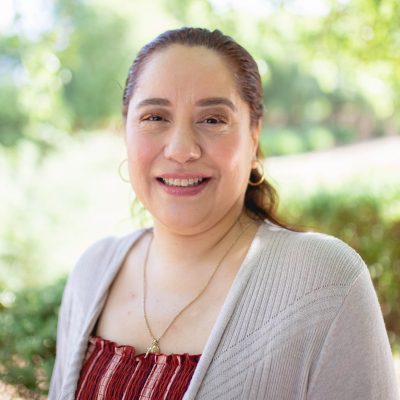Child/Family Therapy

Ideally children grow up in an environment where loving parents meet their physical and emotional needs on a consistent basis. When your child learns to expect this care to be kind and predictable, then they learn that the world is a safe place where people can be trusted. This is what secure attachment looks like.
Even when you do your best as a parent, environmental factors, such as traumatic events and significant life stressors that impact either you or your child, can affect the way you interact with each other. While these challenges might manifest at any time from toddlers to teens, it’s important to keep in mind that a healthy relationship with your child is how you are best able to influence them in a positive way.
Arizona Connection Counseling we are here to help. Whether by helping you to directly strengthen your parent-child relationship, or to help you or your child overcome trauma and/or adjust to life’s stressors. Our therapists are trained using a variety of methods specifically designed for children and their families.
These include but are not limited to:
- Play therapy
- Sand tray
- EMDR trauma therapy for children
- Family/Parent-Child therapy
- Impulse control for ADD/ADHD & Autism



